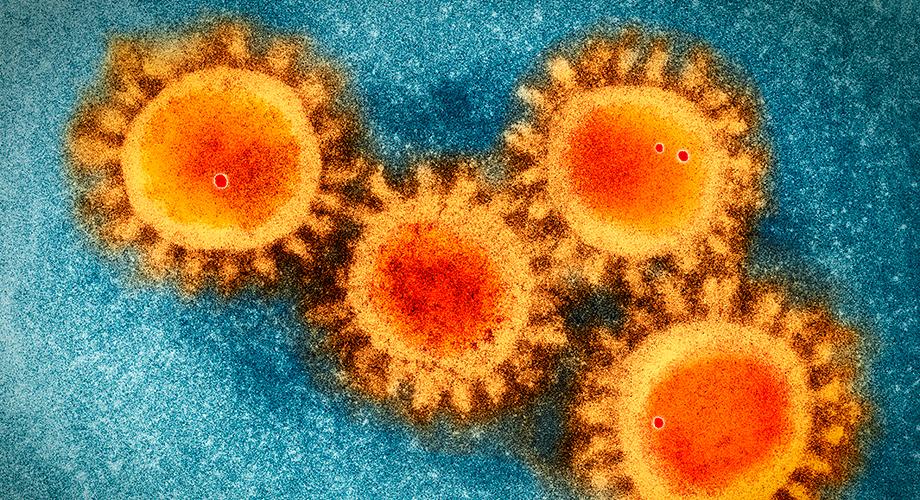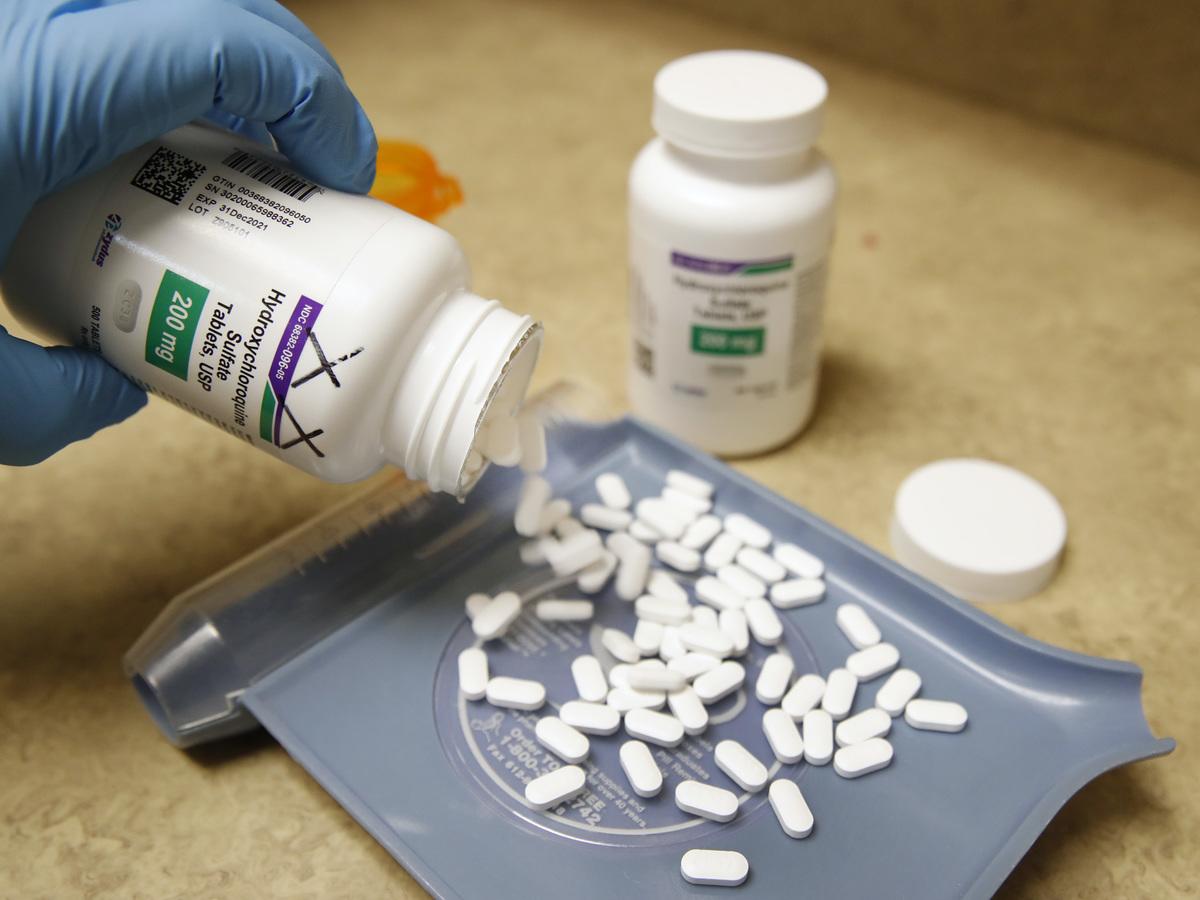India Expands Use Of HCQ To Prevent Coronavirus Based On Three Studies Tyler Durden Tue, 05/26/2020 - 19:45
India will continue using hydroxychloroquine (HCQ) as a preventative measure against COVID-19, after the Indian Council of Medical Research (ICMR) declared on Tuesday that the drug was found to be very effective with minimal side effects for prophylaxis.
The ICMR's decision was based on three studies they conducted, which resulted in a Friday advisory to expand the drug's use, according to ThePrint.
Speaking at a Tuesday press conference, ICMR Director General Dr. Balram Bhargava said "COVID-19 is an evolving field. We don’t know which medicines are working and which are not. There are lots of drugs that have been repurposed for use in COVID whether prophylaxis or as treatment. HCQ is a very old anti-malarial drug that was being widely used and it continues to be widely used. It is safer."
"We did some invitro study in labs and found that it has antiviral properties. This drug became suddenly popular when the American government also started using it and they got-fast track approval or emergency use authorisation. We also thought that it may be a useful drug for prevention of COVID," he added.
India's decision to increase the use of HCQ comes as the World Health Organization announced the temporary halt of its clinical trials involving the drug over concerns in a Friday Lancet report that it may do more harm than good.
The WHO has 3,500 patients from 17 countries enrolled in what it calls the Solidarity Trial. This is an effort overseen by the WHO to find new treatments for COVID-19. The patients in the trial have been randomly assigned to be treated with hydroxychloroquine, which is a common malaria drug, or three other experimental drugs for treating COVID-19 in various combinations. Only the hydroxychloroquine part of the trial is being put on hold. -NPR
The India studies
Investigations were conducted by the ICMR at three central government hospitals in New Delhi, which concluded that "amongst healthcare workers involved in Covid-19 care, those on HCQ prophylaxis were less likely to develop SARS-CoV-2 infection, compared to those who were not on it."
The advisory also states that the National Institute of Virology in Pune has found in laboratory testing that HCQ reduces the viral load.
The ICMR also analysed data collected previously, known as retrospective case-control analysis, and found “a significant” relationship between “the number of doses taken and frequency of occurrence of Covid-19 infection in symptomatic healthcare workers who were tested for SARS-CoV-2 infection”.
It further said “the benefit was less pronounced in healthcare workers caring for a general patient population”.
Another observational study was conducted among 334 healthcare workers at the country’s largest public hospital, New Delhi’s All India Institute of Medical Sciences (AIIMS). The 248 workers who took HCQ as preventive drug for an average of six weeks had lower incidence of the infection than those not taking the pill. -ThePrint
As a result of the studies, the Indian government will now administer the drug as a 'prophylaxis' to asymptomatic healcare workers in non-Covid hospitals, as well as non-Covid blocks of hospitals which have been earmarked for future Covid patients.
It will also be prescribed to contract tracers in containment zones, paramilitary, and police personnel involved in Covid-related activities.
Previous to the announcement, only high-risk individuals (including asymptomatic healthcare workers dealing with coronavirus patients), as well as asymptomatic household contacts of confirmed patients, were receiving the drug.
"With available evidence for its safety and beneficial effect as a prophylactic drug against SARS-CoV-2 during the earlier recommended 8 weeks period, the experts further recommended for its use beyond 8 weeks on weekly dosage with strict monitoring of clinical and ECG parameters, which would also ensure that the therapy is given under supervision," reads the ICMR advisory.
"In clinical practice, HCQ is commonly prescribed in a daily dose of 200mg to 400mg for treatment of diseases such as rheumatoid arthritis and systemic lupus erythematosus for prolonged treatment periods with good tolerance," it continues - though it added a warning that it should be discontinued if "rare" side-effects such as nausea, abdominal pain, or irregular heartbeat are detected.
That said, the ICMR studies found nausea in 8.9% of healthcare workers, abdominal pain in 7.3%, vomiting in 1.5%, and cardiovascular issues in 1.9%.
https://ift.tt/2X6hfEF
from ZeroHedge News https://ift.tt/2X6hfEF
via IFTTT






0 comments
Post a Comment